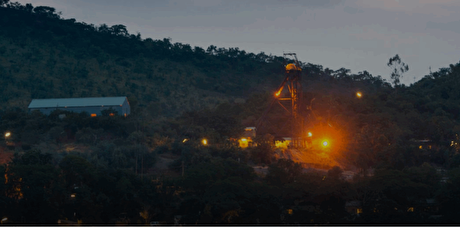
Fortescue, SMB-Winning go head-to-head to develop Guinea’s Simandou iron ore

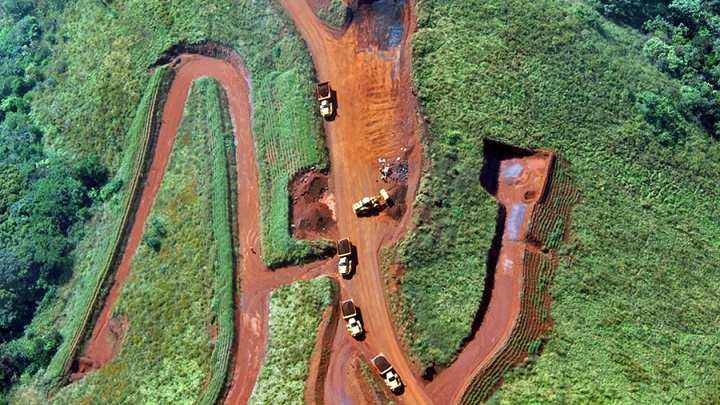
Simandou holds over two billion tonnes of iron ore reserves and some of the highest grades in the industry (66% – 68% Fe which attracts premium pricing).
A Guinea government commission in charge of the international tender for Simandou blocks 1 and 2 should come to a final decision in around a month, the sources close to the commission said.
A Guinea government commission in charge of the international tender for Simandou blocks 1 and 2 should come to a final decision in around a month
Guinea has struggled for decades to develop its Simandou iron ore deposit which is among the world’s biggest and contains billions of tonnes of high-grade ore.
Simandou has been mired in protracted legal disputes, and the high cost of infrastructure to transport the ore out of the remote southeastern corner of Guinea has also put a dampener on potential developers’ enthusiasm.
The government insists that ore from Simandou must be exported through Guinea, requiring the developer to build a 650 kilometre railway to Guinea’s coast as well as a deep-water port, taking the overall cost of developing the deposit to around $23 billion.
The consortium of Societe Miniere de Boke (SMB) and Singapore’s Winning, which is Guinea’s biggest bauxite exporter, confirmed it had submitted an offer.
Brazil’s Vale had also purchased access to the project data, but did not submit an offer, the sources said.
Fortescue was not immediately available to comment, and Vale declined to comment.
Simandou blocks 1 & 2 became available after a settlement between Guinea’s government and billionaire Beny Steinmetz’s BSG Resources in February.
Blocks 3 and 4 are owned by a joint venture of Rio Tinto, China Aluminium Corp (Chinalco), and the Guinean government.

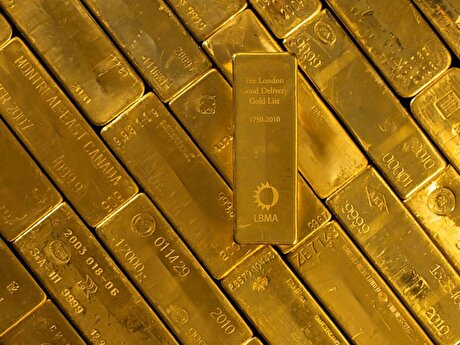
Gold price forecast gets 15% upgrade for 2025: LBMA poll
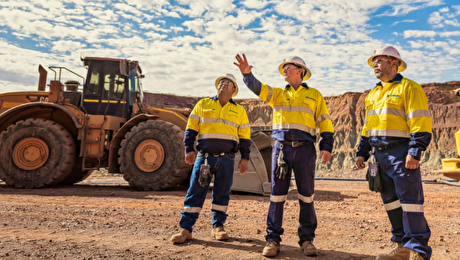
Newmont nets $470M from selling Greatland, Discovery Silver stakes
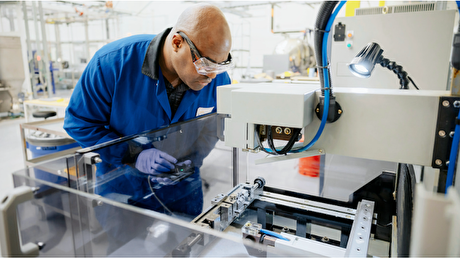
Apple invests $500M in Pentagon-backed MP Materials
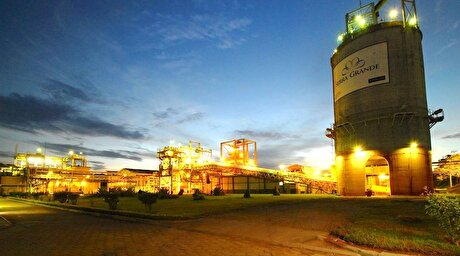
Aura Minerals makes US listing debut

Rio Tinto picks iron ore boss Simon Trott as new CEO
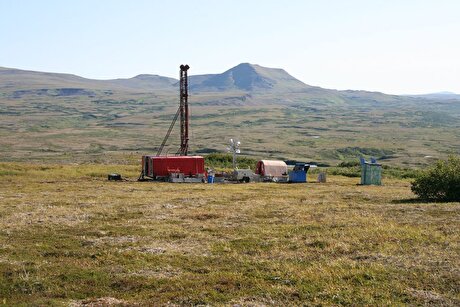
Northern Dynasty shares plunge 55% on insider selling
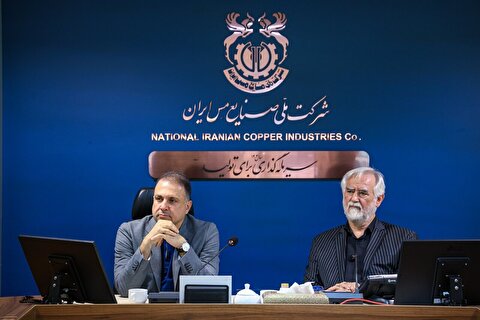
Localization in Iran’s Copper Industry a Strategic Imperative
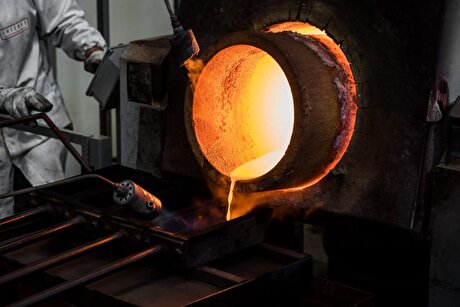
Critical Metals soars as it begins drilling to boost Greenland rare earth resource
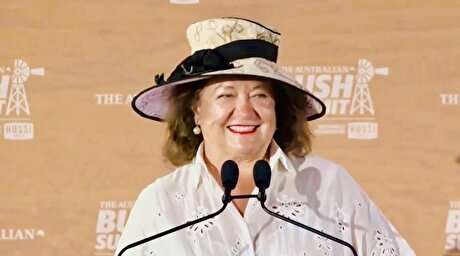
Rinehart urges Rio Tinto to shift main office to Australia
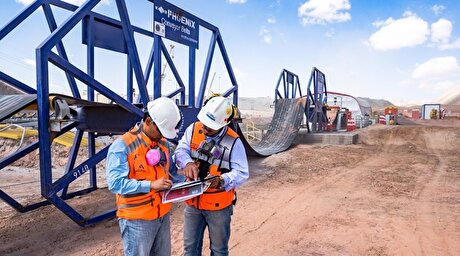
Antofagasta’s copper production up 11% in strong first half
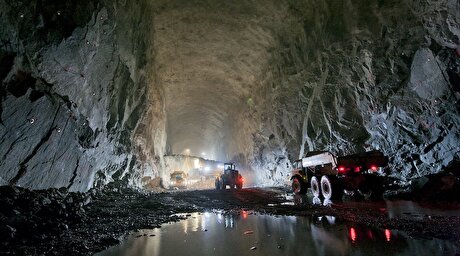
Boliden mine to host world’s deepest marathon at 1,120m
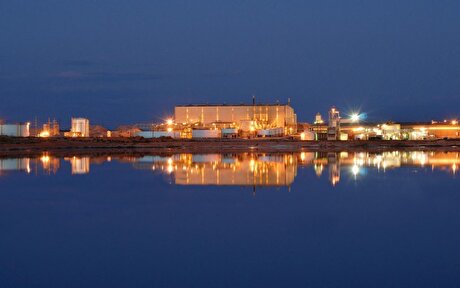
Energy Fuels shares surge to 52-week high as it begins heavy rare earth production
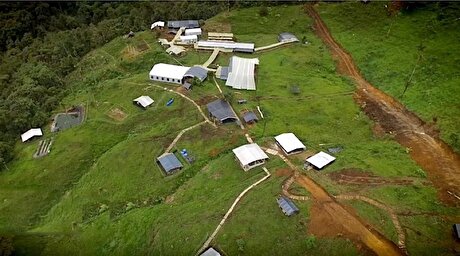
SolGold to start mining copper from Cascabel in early 2028
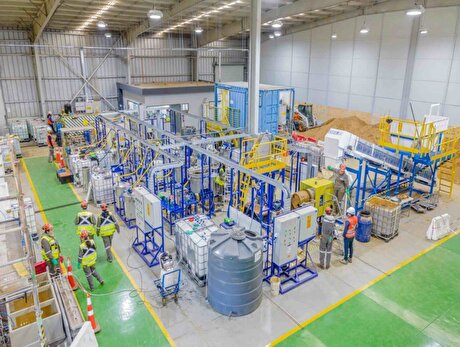
Aclara Resources, Stanford University partner on AI-powered rare earth research
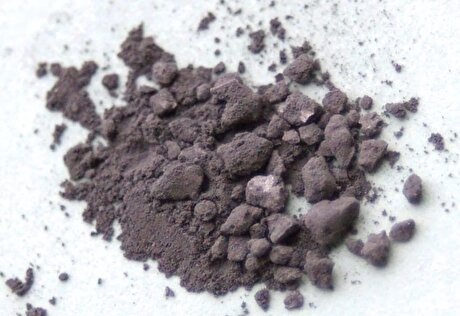
Ultra-rare metal rides AI boom as commodities star performer

Localization in Iran’s Copper Industry a Strategic Imperative
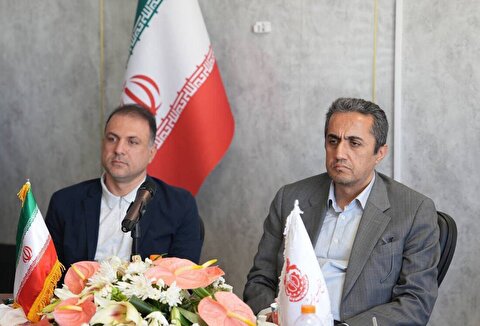
Iran’s Copper Production Continues without Interruption
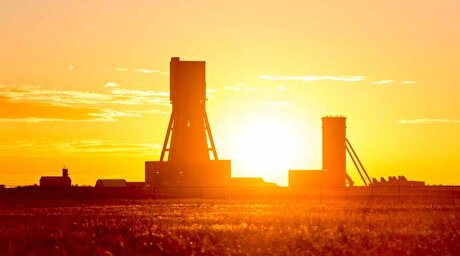
BHP delays Jansen potash project as costs surge; logs record copper output

Northern Dynasty shares plunge 55% on insider selling

Rinehart urges Rio Tinto to shift main office to Australia

Antofagasta’s copper production up 11% in strong first half

Boliden mine to host world’s deepest marathon at 1,120m

SolGold to start mining copper from Cascabel in early 2028

Aclara Resources, Stanford University partner on AI-powered rare earth research

Ultra-rare metal rides AI boom as commodities star performer

Localization in Iran’s Copper Industry a Strategic Imperative

Iran’s Copper Production Continues without Interruption

BHP delays Jansen potash project as costs surge; logs record copper output














